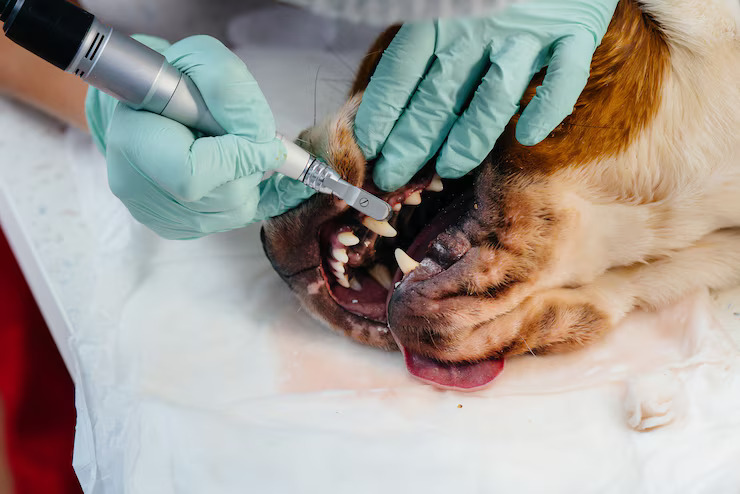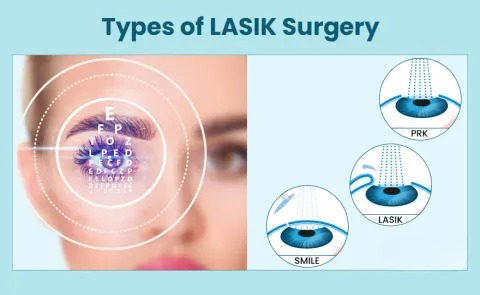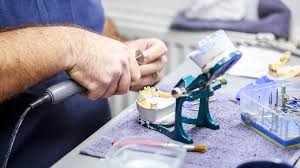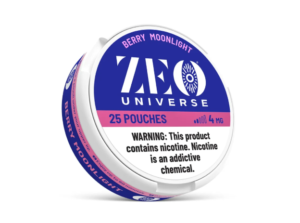From Bad Breath to Broken Teeth: How an Animal Dental Specialist Can Help
Bad mouth odor isn’t just a pet peeve; it could be a red flag. Gum bleeding, loose teeth, or a change in chewing habits may signal deeper health concerns. Behind every healthy bite is more than just food; it’s expert care. A trained animal dental specialist doesn’t just clean teeth; they spot and treat serious oral conditions before they spiral. Let’s break down what often gets ignored — and why your pet might be suffering in silence.
Mouth Odor Isn’t Normal: Here’s Why It Matters
Pets don’t get “morning breath.” Consistently foul smells usually mean bacteria buildup, gum pockets, or tooth decay. Many owners think it’s harmless, but chronic odor can indicate infections that spread through the body.
It’s not just a dental issue. Bacteria in the mouth can travel via the bloodstream and affect vital organs. That’s why early dental attention is more than cosmetic — it’s life-saving. A specialist’s involvement ensures those signs are not just masked but managed correctly.
The Silent Damage Hidden Below the Gumline
You may not see it, but bone loss, abscesses, and decayed roots can quietly develop over time. Even pets who eat normally may be suffering. Regular checkups often miss these deeper problems — but dental imaging and oral exams by a specialist won’t.
A pet with healthy-looking teeth may still have serious disease beneath the surface. And by the time external symptoms appear, the condition is often advanced. Deep cleaning alone won’t fix it — only precise diagnostics will.
These underlying issues are best identified through digital X-rays and careful probing, which general care rarely offers. That’s where the role of the dental expert truly becomes critical.
Not All Tooth Breaks Are the Same
Chipped or cracked teeth might seem minor. But breaks can expose nerves or create open pathways for infection. Without proper care, these injuries can cause pain, abscesses, or jaw damage.
An animal dental specialist evaluates whether a tooth can be restored or needs to be removed — saving pets from chronic pain. Root treatments, bonding, or crown placement are just some of the options to protect structure and comfort.
Early treatment means fewer complications later and a faster return to normal behavior. It also helps prevent the infection from spreading to other areas in the mouth or body.
Bleeding Gums Aren’t “Just Irritation”
Inflamed, red, or bleeding gums often indicate gingivitis or advanced periodontitis. This isn’t just about bad breath — it means tissue breakdown. Left untreated, this can lead to tooth loss and bacterial spread.
Daily brushing helps, but once inflammation starts, professional treatment is the only effective path. Waiting it out or masking symptoms with chews won’t stop disease progression.
A dental expert cleans the areas home care can’t reach, halting further tissue damage and improving mouth comfort significantly. Don’t assume it’s just mild irritation — it can be far more serious underneath.
Your Pet Could Be Hiding Pain Right Now
Most pets don’t yelp or whimper from toothaches. Instead, they adjust — they chew on one side, avoid toys, or take longer to eat. These subtle changes often go unnoticed.
Behavior shifts, drooling, or pawing at the mouth are all warning signs. An animal dental expert can spot these minor indicators and stop discomfort from escalating.
Animals often cope quietly, but professional attention brings their pain to light and ensures they get timely relief.
Cleanings Aren’t Just Cosmetic — They’re Preventive Medicine
A dental scaling session by a trained specialist clears harmful plaque from below the gumline — the spot where bacteria thrive. This isn’t a simple polish. It’s disease control.
Professional tools reach areas that brushing can’t. Combined with digital X-rays, these cleanings prevent gum erosion, nerve exposure, and infection. The result? A safer, longer life for your pet.
Skipping professional cleanings risks missing invisible damage that builds up over time and causes chronic issues.
Final Words:
Dental issues don’t stand alone. They’re often tied to larger systemic conditions like kidney strain, heart issues, or diabetes. That’s why pairing oral care with an annual wellness exam gives vets a full picture of your pet’s health. This combined approach improves early detection and supports both prevention and targeted treatment. It’s not just teeth — it’s total health. With both physical and oral checkups, your pet gets better care from head to tail. Every overlooked dental issue comes at a cost — from reduced appetite to internal infections. Pets deserve better. Don’t wait for obvious signs to take action.
Call your vet and ask for a referral to an animal dental specialist. A short visit today can protect your pet from long-term damage and hidden discomfort.














1 comment